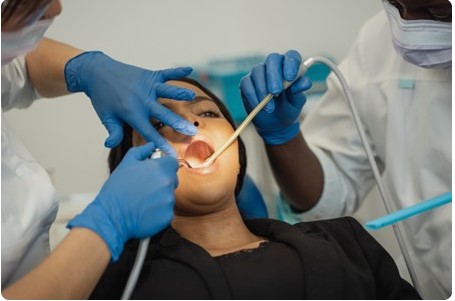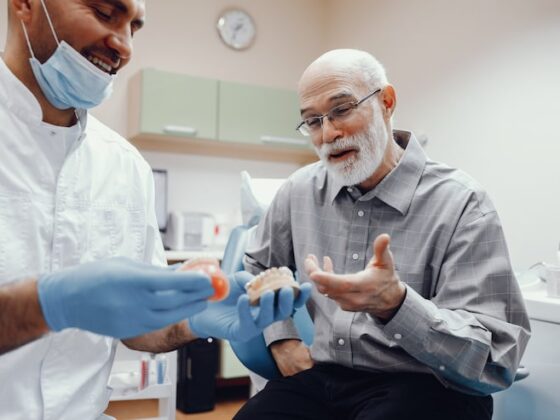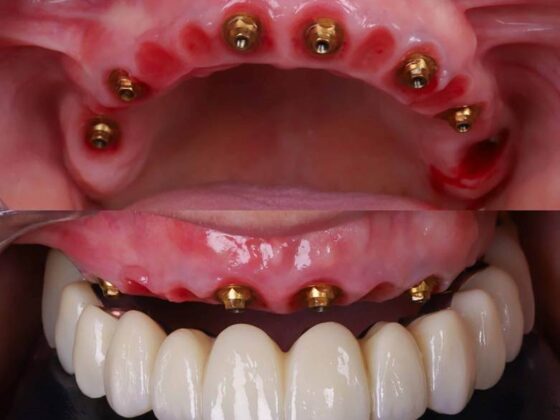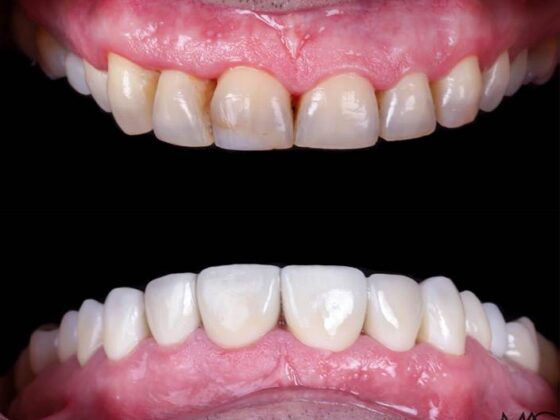Cavities in teeth are a common dental problem that affects people of all ages. From toddlers with baby teeth to adults with permanent teeth, no one is completely safe from this silent but destructive condition. While cavities are often associated with sugar and poor oral hygiene, there’s more to their development and prevention than most people realize.
In this article, we’ll explore what causes cavities in teeth, how to identify them early, and what steps you can take to prevent them for a lifetime of healthy smiles.
What Are Cavities in Teeth?
Cavities in teeth, also called dental caries, are permanently damaged areas in the tooth’s enamel that develop into holes or tiny openings. These cavities are caused by bacteria in the mouth that thrive on sugar and food particles. Over time, these bacteria produce acids that erode the enamel and dentin layers of the tooth.
If left untreated, cavities can worsen, reaching the innermost pulp of the tooth and causing severe pain, infection, or even tooth loss.
Causes of Cavities in Teeth
Understanding what causes cavities in teeth is the first step to preventing them. Common causes include:
- Poor Brushing and Flossing Habits: If you don’t clean your teeth properly, plaque and food debris stay on your teeth, feeding bacteria.
- Frequent Snacking and Sugary Drinks: The more sugar and starch you consume, the more acid is produced in your mouth.
- Dry Mouth (Xerostomia): Saliva helps wash away food particles and neutralize acid. A dry mouth increases cavity risk.
- Deep Tooth Grooves: Some people naturally have deeper grooves in their teeth, which can trap food and bacteria easily.
- Gum Recession: Exposed roots of teeth are more vulnerable to decay, especially in older adults.
Symptoms of Cavities in Teeth
Cavities can sometimes be silent in the early stages, but as they progress, the following symptoms may appear:
- Tooth sensitivity (especially to sweets, hot, or cold items)
- Toothache or spontaneous pain
- Pain when chewing or biting
- Visible holes or dark spots on the teeth
- Bad breath or a foul taste in the mouth
If you notice any of these signs, visit a dentist immediately for early treatment.
Diagnosis and Treatment
Dentists use visual examinations, dental tools, and X-rays to diagnose cavities in teeth. Treatment depends on the severity of the decay:
- Fluoride Treatments: Early cavities can sometimes be reversed using professional fluoride application.
- Dental Fillings: For moderate cavities, the decayed area is cleaned and filled with materials like composite resin or amalgam.
- Crowns: If the cavity is large, a crown may be needed to restore the tooth’s shape and strength.
- Root Canal Therapy: When decay reaches the pulp, a root canal is necessary to save the tooth.
- Tooth Extraction: In cases of severe damage, the tooth may need to be removed entirely.
Prevention: How to Avoid Cavities in Teeth
The best way to avoid the discomfort and cost of dental treatments is to prevent cavities from forming in the first place. Here’s how:
- Brush Twice Daily
Use fluoride toothpaste and a soft-bristled toothbrush. Focus on brushing all surfaces of your teeth. - Floss Daily
Flossing removes food particles and plaque between teeth that a brush can’t reach. - Limit Sugary Snacks and Beverages
Reduce consumption of soda, candy, and processed foods. - Drink Plenty of Water
Water helps rinse your mouth and increase saliva production. - Visit the Dentist Regularly
Routine check-ups and cleanings every 6 months help catch early signs of decay. - Use Dental Sealants
Ask your dentist about sealants, especially for children. They protect the grooves of molars from decay. - Chew Sugar-Free Gum
It promotes saliva production and can help protect against cavities.
Final Thoughts
Cavities in teeth are preventable with the right habits and care. They may start small, but if neglected, they can become painful and costly. By understanding the causes and practicing daily oral hygiene, you can protect your teeth for life.
Don’t wait for a toothache to remind you — take charge of your dental health today and say goodbye to cavities!











